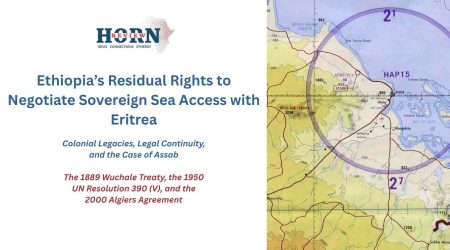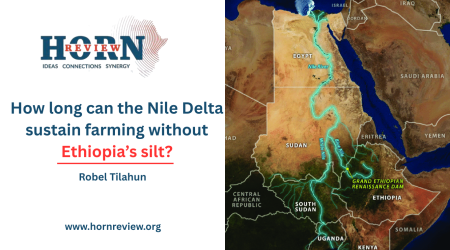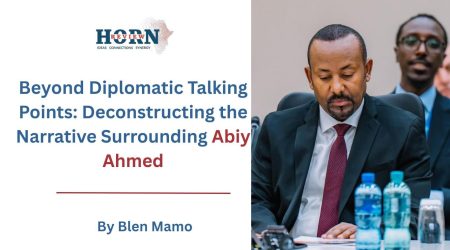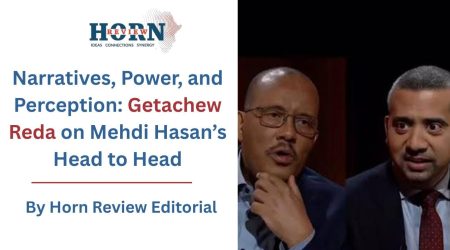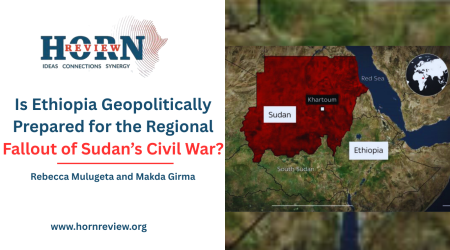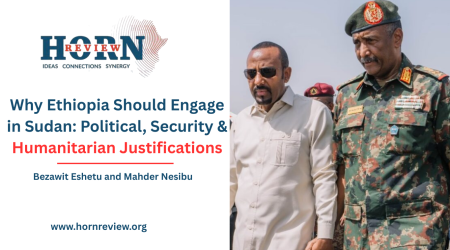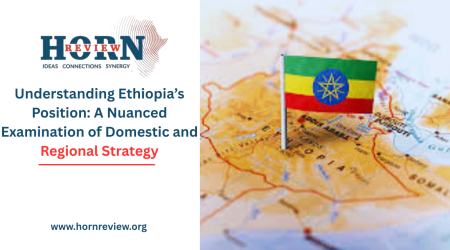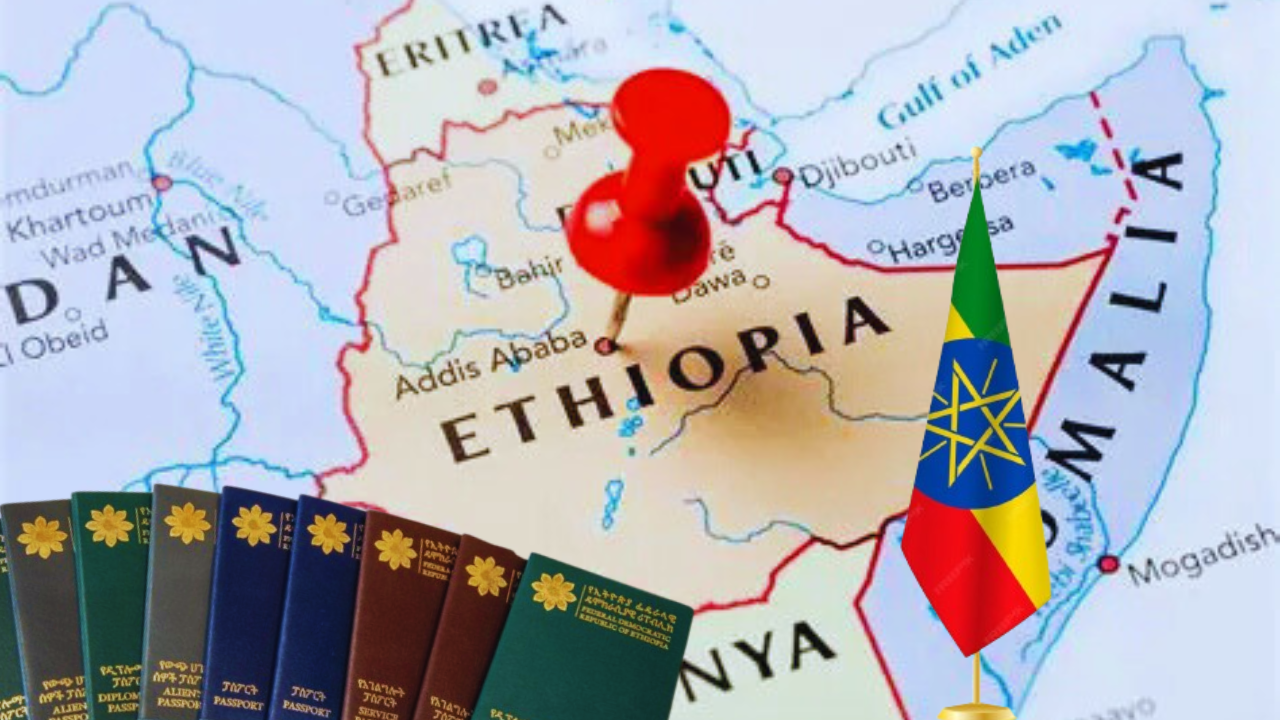
8
Aug
Policy Brief: Reclaiming the Diaspora: Dual Citizenship as Ethiopia’s Strategic Asset
Executive Summary
Ethiopia’s current citizenship regime, which prohibits dual citizenship and confines diaspora Ethiopians to the restrictive and costly Yellow Card system, represents a strategic shortfall that limits the country’s ability to capitalize on its diaspora’s financial remittances, professional expertise, and political influence. This brief advocates for a nuanced, conditional dual citizenship framework that safeguards national security—including prohibitions for dual nationals holding passports from nations considered adversarial (such as Egypt, Somalia, and Eritrea)—while enabling diaspora integration. Such reform aligns directly with Ethiopia’s foreign policy ambitions and promises to unlock substantial avenues for innovation, investment, and international diplomatic leverage.
Context and Challenges
Ethiopia’s nationality laws, codified under Proclamation 378/2003 and Article 20 of the 1995 Constitution, adhere to a strict jus sanguinis principle: Ethiopian citizenship is forfeited automatically upon naturalization elsewhere, with no exceptions, even for second-generation diaspora-born Ethiopians (Manby, 2016; Fassil, 2020). This legal rigidity conflicts with stated government objectives aimed at diaspora inclusion and protection (Foreign Policy of Ethiopia, 2018).
To acknowledge diaspora ties, Ethiopia issues the Yellow Card (Proclamation 270/2002), an identity document granting visa-free entry, work rights, and access to some public services. However, Yellow Card holders are excluded from voting, holding public office, or employment in security-sensitive sectors. Furthermore, the financial burden of US$300 for initial issuance and another US$300 every five years for renewal discourages uptake and fosters detachment (ResearchGate, 2009; Anonymous Redditor, 2023).
Ethiopia’s fears concerning divided loyalties among dual nationals are not without merit. The Master Nationality Rule (2018) dictates that dual citizens are considered solely Ethiopian within Ethiopian territory, exposing them to legal obligations such as military service and limiting diplomatic protections abroad. Additionally, dual nationals holding passports from countries deemed adversarial—namely Egypt, Somalia, and Eritrea—pose specific national security concerns warranting exclusion from dual citizenship privileges.
The forced revocation of Ethiopian citizenship upon naturalization abroad creates legal invisibility for many diaspora members, while children born to refugees or migrants abroad risk statelessness, effectively a citizenship-by-force dilemma. This exclusionary framework alienates a diaspora that overwhelmingly demonstrates commitment to Ethiopia’s development; remittances exceeded USD 6 billion in FY 2024, surpassing exports and official aid flows (Asfaw, 2025).
Strategic Opportunity: Harnessing Identity, Innovation, and Inclusion for National Advancement
The Ethiopian diaspora is a dynamic reservoir of financial capital, scientific talent, and entrepreneurial acumen, particularly concentrated in the United Kingdom, North America, and Gulf countries. Professionals in medicine, technology, academia, and business represent a vital resource for national priorities, including agricultural innovation, digital economy expansion, and clean energy development (Asfaw, 2025).
Yet, diaspora nationals face onerous legal ambiguities. Accounts from diaspora communities recount loss of Ethiopian citizenship upon foreign naturalization, prohibitive Yellow Card fees, and limited legal rights, prompting many to relinquish ties altogether (Redditor, 2019; Redditor, 2023). Comparative precedents from African countries like Ghana, Kenya, and Rwanda, which have long embraced dual citizenship, diaspora bonds, and innovation hubs, illustrate the potential benefits Ethiopia forfeits by maintaining its exclusionary stance (Kenya Constitution, 2010; Citizenship Rights in Africa Initiative, 2025).
Policy Recommendations
- Amend Legal Frameworks to Authorize Conditional Dual Citizenship
- Revise Proclamation 378/2003 and Article 20 to permit dual citizenship by descent, specifically for individuals born to Ethiopian parents, regardless of birthplace
- Define second-generation or heritage citizenship for descendants demonstrating sustained cultural, linguistic, or economic ties.
- Implement Political and Security Safeguards
- Prohibit dual citizenship for holders of passports from countries identified as adversarial to Ethiopia (Egypt, Somalia, Eritrea).
- Restrict dual citizens from holding public office in ministries of defense, foreign affairs, or security sectors without explicit security clearance.
- Institute residency or vetting prerequisites (e.g., 3–5 years living in Ethiopia) prior to granting political rights such as voting or candidacy.
- Require periodic reviews by the Ministry of Foreign Affairs alongside thorough vetting by national security agencies to monitor risks.
- Restructure Diaspora Identification and Rights Framework
- Transform the Yellow Card into a Diaspora Professional Status ID, reducing fees to an initial US$200 with extended renewal periods and enhanced rights to facilitate travel, property ownership, and investment.
- Introduce “Ethiopian Global IDs” or service passports to ease visa-free entry and international transactions for diaspora dual citizens.
- Safeguard Against Statelessness and Forced Citizenship
- Guarantee citizenship rights to children born abroad to Ethiopian parents without coercion or legal ambiguity, harmonizing Ethiopian statelessness frameworks to ensure clear citizenship pathways.
- Create Economic Incentives to Mobilize Diaspora Capital
- Launch diaspora-targeted financial tools, such as partial remittance matching and diaspora venture funds, to amplify investments in science, technology, and innovation aligned with national development goals.
- Establish Oversight and Advisory Mechanisms
- Form a Diaspora Citizenship Advisory Council inclusive of diaspora professionals in the UK, USA, and Gulf; representatives from the Ministry of Diaspora Affairs; intelligence services; and civil society stakeholders.
- Ensure continuous review of citizenship programs, return migration patterns, and potential security threats, backed by rigorous vetting protocols.
Implementation Roadmap
- Initiate legislative reform to amend Proclamation 378/2003 and the Constitution within the upcoming parliamentary session.
- Reconstitute the Yellow Card into a tiered, rights-enhanced Diaspora Professional Status ID.
- Develop diaspora fellowship and innovation initiatives linking Ethiopian-origin scientists and entrepreneurs abroad with domestic research institutions and startups.
- Integrate the issuance of diaspora global IDs into the Ethiopian Immigration & Citizenship Service’s electronic passport program scheduled for rollout in 2025 (ICS, 2025).
- Conduct a public diplomacy campaign under the banner “Secure Borders, Open Hearts” targeting diaspora communities in the UK, Canada, and Gulf states, leveraging embassies, diaspora conferences, and online platforms.
- Empower an oversight body to monitor dual citizenship implementation, political misuse, and national security concerns.
Conclusion
Ethiopia confronts a decisive moment where calibrated citizenship reform can transform diaspora relations from exclusion to strategic partnership. By instituting a conditional dual citizenship regime fortified with security safeguards and inclusive mechanisms, Ethiopia can retain sovereign control while unlocking the vast economic, intellectual, and political resources of its global diaspora. This pragmatic approach dovetails with the government’s foreign policy aims, positioning Ethiopia to realize a future defined by innovation, investment, and global influence.
By Kidus Tesfaye & Bezawit Eshetu , Researchers, Horn Review
References
- Fassil, Z. (2020). Report on Citizenship Law: Ethiopia. RSCAS/Globalcit-CR 2020/9, Robert Schuman Centre for Advanced Studies.
- Harpaz, Y., & Mateos, P. (2018). Strategic citizenship: negotiating membership in the age of dual nationality. Journal of Ethnic and Migration Studies, 45(6), 843–857.
- Manby, B. (2016). Citizenship Law in Africa: A Comparative Study. Open Society Foundations.
- Kuschminder, K., & Siegel, M. (2011). Understanding Ethiopian Diaspora Engagement Policy.
- League of Nations. (1930). Convention on Certain Questions Relating to the Conflict of Nationality Law (Master Nationality Rule). League of Nations Treaty Series, vol. 179, p. 89, No. 4137.
- Kenya Constitution. (2010). Constitution of Kenya. Government of Kenya.
- Ministry of Foreign Affairs, Ethiopia. (2018). Foreign Policy of Ethiopia.
- Reda, H.A. (2025). Citizenship policy reforms to unlock pathways to investment and economic growth. The Reporter.


